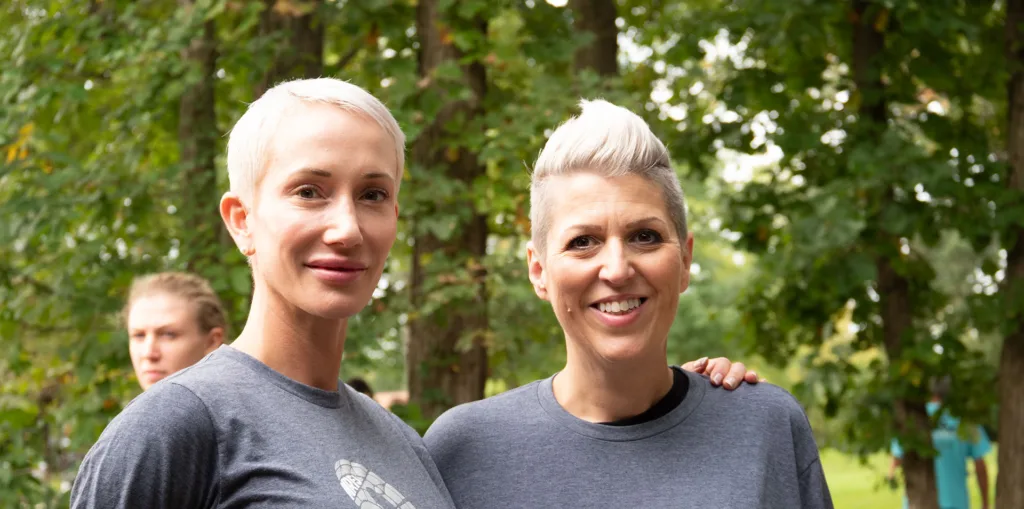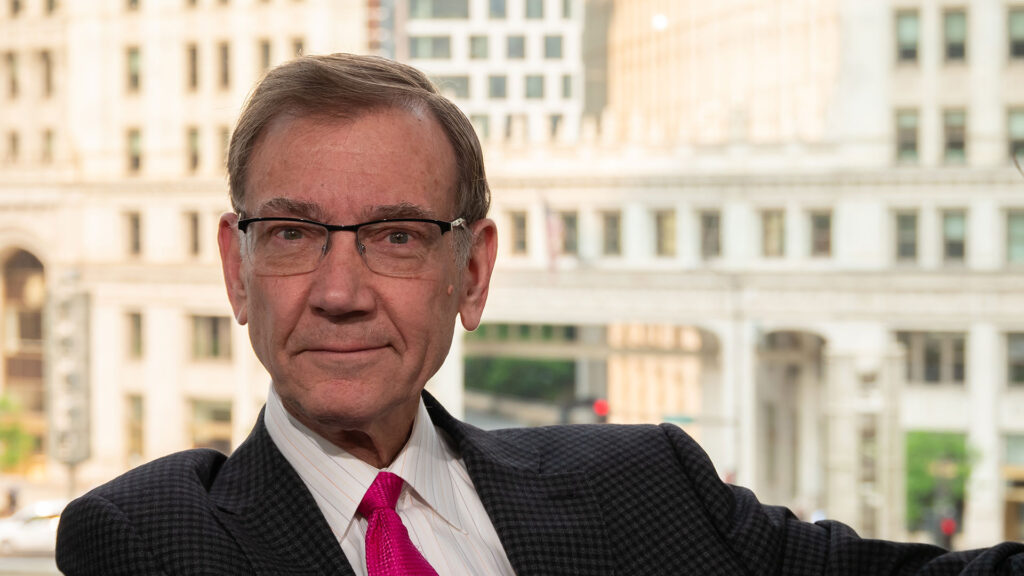Mesothelioma is a rare and aggressive cancer that is mainly caused by exposure to asbestos. It has been a silent killer for a long time and claims thousands of lives every year. Despite its lethal nature, awareness of mesothelioma and the dangers of asbestos was lacking for many years. However, women have played a crucial role in raising awareness, supporting patients, and advocating for stricter regulations to prevent further harm. Today, in honor of Women’s History Month, we celebrate the remarkable contributions of these women to mesothelioma and asbestos awareness.
Heather Von St. James

Heather Von St. James is a survivor of mesothelioma, a rare cancer caused by asbestos exposure. She is a leading advocate for raising awareness about the disease and its causes. At the age of 36, Heather was diagnosed with mesothelioma, which marked the beginning of her journey as a vocal figure within the cancer community. Through sharing her experiences, Heather enlightens others about the risks associated with asbestos exposure and the critical significance of early detection. Her impassioned advocacy has spurred countless individuals to join the cause, amplifying awareness of this preventable ailment. Notably, Heather established Lung Leavin Day, an occasion dedicated to honoring life and spotlighting mesothelioma and asbestos awareness.
Linda Reinstein
Linda Reinstein is the president and co-founder of the Asbestos Disease Awareness Organization (ADAO), a leading non-profit dedicated to promoting awareness about asbestos-related diseases. Linda lost her husband to mesothelioma in 2003, after which she became a strong advocate for asbestos victims and their families. She has worked tirelessly to lobby for legislation that would ban asbestos and to provide assistance and resources to those affected by asbestos-related illnesses.
Dr. Hedy Kindler
Dr. Hedy Kindler is a well-known oncologist and researcher who specializes in mesothelioma. Her work has been groundbreaking, advancing our understanding of the disease and developing innovative treatment approaches. Dr. Kindler is dedicated to improving outcomes for mesothelioma patients, which has earned her widespread recognition and respect within the medical community. Dr. Kindler is an associate editor of Lung Cancer and has published numerous articles, book chapters, and abstracts. She is also a highly sought-after speaker and is the immediate past president of the International Mesothelioma Interest Group.
Heather White
Heather White serves as the Executive Director of the Environmental Working Group (EWG), a non-profit organization that aims to safeguard human health and the environment. During her tenure, EWG has played a crucial role in advocating for more stringent regulations on asbestos and raising awareness about its detrimental effects. Heather’s unwavering dedication to public health and environmental justice has helped bring attention to the pressing need to address asbestos exposure and its devastating consequences.
Baroness Helena Kennedy QC
Baroness Helena Kennedy QC is a well-known human rights lawyer and a member of the UK House of Lords. She has been an outspoken supporter of asbestos victims and has campaigned for stronger legal protections for those affected by asbestos-related diseases. Her advocacy has helped to raise awareness about the injustices faced by mesothelioma patients and their families, and her efforts have contributed to the push for greater accountability and compensation for those who have been exposed to asbestos.
These women and countless others have played a vital role in raising awareness about mesothelioma and asbestos. Their bravery, advocacy, and perseverance have brought attention to this debilitating disease and helped improve research, patient care, and public policy. Their significant contributions have made a positive impact in the fight against mesothelioma.
Mesothelioma, despite the progress made in raising awareness, still poses a significant public health risk. Therefore, we must continue to support efforts to ban asbestos, improve patient care, and fund research into more effective treatments. By doing so, we can honor the legacy of those affected by this disease and work towards a safer and healthier future.
The contribution of women to mesothelioma and asbestos awareness is significant. It is a powerful reminder of how individuals can unite and make a difference. These women have worked tirelessly to save lives, bring change, and provide hope to those affected by this devastating disease. As we reflect on their achievements, let us renew our commitment to building a future free from the dangers of asbestos and mesothelioma.



